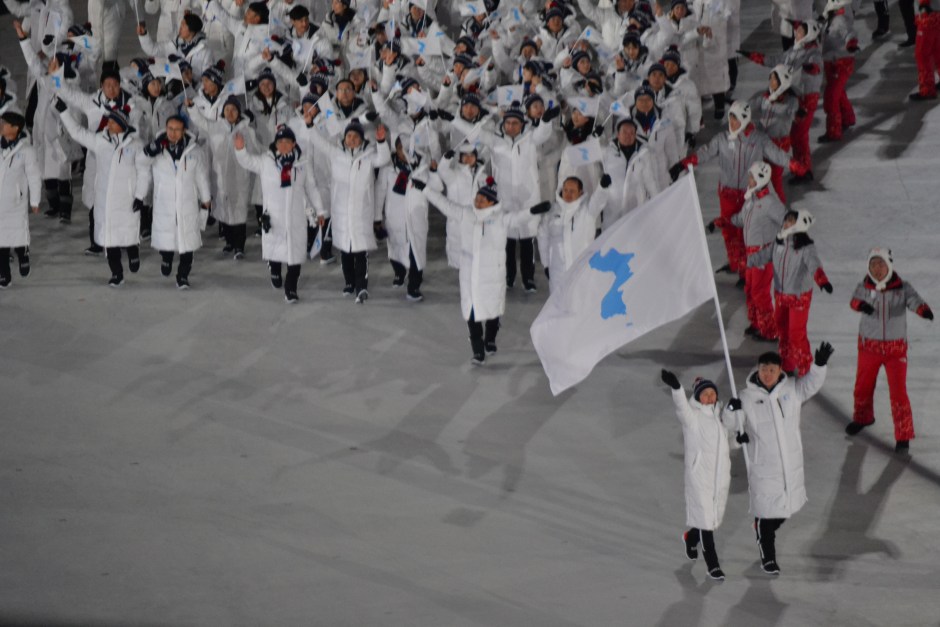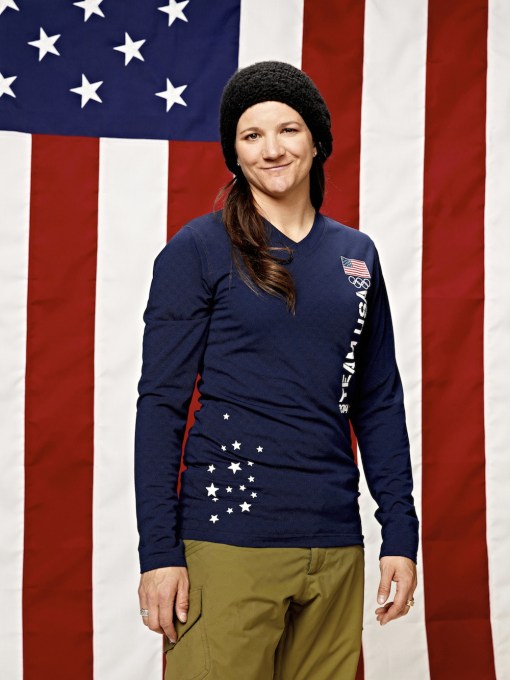
Some people describe it like being kicked off a cliff in a trash can, akin to the worst turbulence you ever felt while flying.
That’s how Lauren Gibbs described the experience of the bobsleigh in her compelling online program, A Day in the Life, Olympic Bobsledder. Her live program is part of Airbnb’s newly launched online experiences, a growing list of programs you can join via Zoom, a great way to fill the time during your COVID-19 home isolation. On the day I participated, people from New Jersey, Ohio, Colorado, Virginia, Quebec and Tokyo gathered to listen to a bona fide Olympian.
Gibbs is a native of Los Angeles, California, which she points out is “far from being the Mecca of bobsledding.” Unlike Breeja Larson profiled in Part 1, Gibbs didn’t dream of being an Olympian since the age of 4. She went to college (Brown University) where she played volleyball, got her MBA (Pepperdine University), and then worked in sales for 12 years. She was working in Denver, making good money overseeing a team of 200 across 5 states. But she wasn’t happy in her work.
One day in 2014, while working out at Front Range CrossFit in Denver, Gibbs had one of those accidental meetings that in hindsight, changed her life. Jill Potter, eventual captain of the US women’s rugby team at the 2016 Rio Olympics, trained at the same gym, and asked Gibbs a series of surprising questions: How much do you back squat? How about dead lifts? And can you sprint?
Gibbs answered, but had no idea why she was being asked these questions until Potter came back and said, “I think you should bobsled.” Gibbs, who sprinkles her talk with laugh-out-loud remarks throughout the online session said, “which of course is something every 30 year old thinks they’re going to hear on a random Wednesday.”
But Gibbs actually took the idea seriously. She had experience being unemployed during the sub-prime crisis and promised herself then that she would always give every new opportunity a serious look. So she did some digging. She learned that since women’s bobsledding was introduced as an Olympic event in 2002, Team USA had medaled every time. She learned that the USOPC had a training center in Colorado Springs and that there happened to be a try out that weekend. She thought, “What do I have to lose. At the very least, I can enjoy the food at the cafeteria, maybe meet some Olympians. It will be a cool story to tell at the office.”
After the try out, she got an invitation to rookie camp at Lake Placid in New York, and found out what it was really like to ride a bobsled down an actual sliding course.
I’m standing over the edge and it looks like an iced-over water slide, a death trap. I’m standing at the top of the mountain and I’m terrified. I’m staring down at the dark abyss, because it goes right into a corner and you can’t see what’s coming next.

Gibbs demonstrating what it’s like to be a brakeperson in a 2-person bobsleigh.
Gibbs made it down the track, and she screamed “Heck yes! I’ve got to do that again!”
And so the sales executive quit her job and embarked on a path of potential glory, but also great uncertainty.
Following your dream is an amazing thing, but it is also painful. The harder you work and the closer you get to your goal, the more terrifying it becomes. You start to realize that as you get closer to your goal, you have more to lose. There is so much uncertainty. And a lot of times, there’s nothing you can do about it as so many things are out of your control.
Spoiler alert – Gibbs would eventually make Team USA on the 2-person bobsleigh team, joining then two-time Olympian and medalist, Elana Meyers-Taylor. The pair would take silver in their event at the 2018 PyeongChang Olympics.

Today, Gibbs is training to make Team USA for the 2022 Beijing Olympics. She is making less money, but she is saving more as she has become more focused in her goal and more disciplined about what she needs and doesn’t need. And she is happy.
In her online program, Gibbs shares three of her life’s lessons, one of which is how to say “no,” something easier to do when you know what you want. She knows it. And she’s going for it.
Do you want to feel that passion? Do you want to ask her yourself how she does it? Then sign up for her program.































You must be logged in to post a comment.